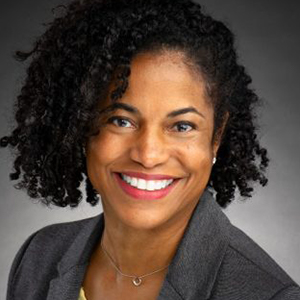Debunking misinformation about your science
Resources
- Cook's slide deck
- Cranky Uncle: An interactive way to build resilience against misinformation through gamification.
- Made to Stick by the Heath Brothers: a book for those who want to make their ideas stick.
- Thinking is Power by Melanie Trecek–King: a visual toolkit that explores three essential skills: science literacy, critical thinking and information literacy.
Brought to you by the ASBMB Science Outreach and Communication Committee
False and misleading information about science has become more pronounced in recent years with the COVID-19 pandemic and vaccine hesitancy. Scientists play an important role by making available their expertise to help debunk misinformation to the public. This webinar provides an overview of the science of misinformation and strategies for debunking misinformation.
John Cook, postdoctoral research fellow at the Climate Change Communication Research Hub at Monash University, founder of Skeptical Science website, and co-author of the Debunking Handbook 2020 applies debunking strategies to misinformation that occurs with biochemistry and molecular biology topics.
Speakers

John Cook, Main speaker
Monash University

Amy J. Hawkins, Moderator
University of Utah

Jerlym Porter, Host
St. Jude Children’s Research Hospital
Learning objectives
- Describe misinformation and how it is spread.
- Identify communication strategies for responding to misinformation.
- Evaluate the role of scientists in dispelling misinformation.
Who should watch
- Members of the ASBMB scientific community of all career stages.
- People interested in learning more about misinformation and how to combat it.
- People interested in science communication, science policy or science outreach efforts in their communities.
